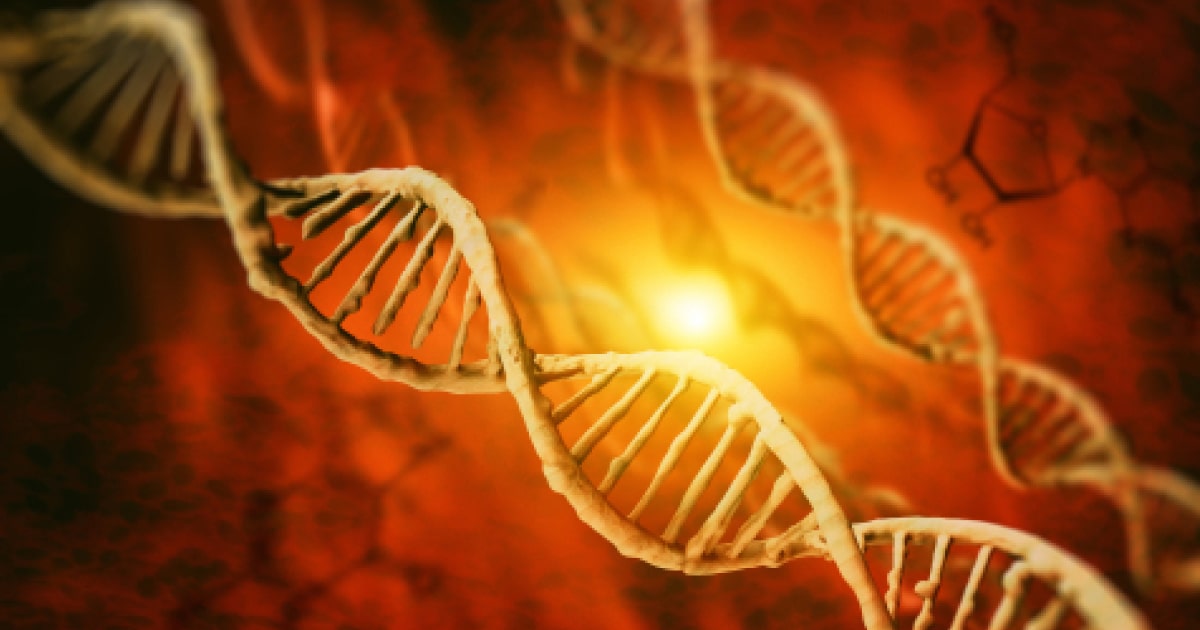
Expert Reviewed By: Dr. Brandon Colby MD
The Scianna blood group system is a relatively rare but essential component of human blood groups. It is characterized by specific antigens found on the surface of red blood cells, which play a crucial role in determining compatibility during blood transfusions. Understanding, diagnosing, and using genetic testing for antigens in the Scianna blood group system can help prevent adverse reactions and ensure the safety of patients receiving blood products. This article delves into the recent advancements in the Scianna blood group system, the importance of genetic testing, and its applications in managing this unique blood group.
Recent Updates on the Scianna Blood Group System
Research in the field of blood group systems is continually evolving, and the Scianna blood group system is no exception. A recent study titled "An update on the Scianna blood group system" discusses the latest findings on the genetic variation of ERMAP, new cases of antibodies, serologic reagents, and discoveries in erythroid membrane-associated protein biology. These findings are critical for understanding the complexities of the Scianna blood group system and its implications on blood transfusion compatibility.
Genetic Polymorphism of Antigens in Rare Blood Group Systems
Understanding the distribution of antigens in rare blood group systems is essential for ensuring the safety of blood transfusions. A study titled "Genetic Polymorphism of Antigens in Twelve Rare Blood Group Systems of Li Nationality in Hainan Province" explores the distribution characteristics of main antigen gene frequencies in twelve rare blood group systems, including the Scianna blood group system, among the Li nationality in Hainan Province, China. This research provides valuable insights into the genetic diversity of antigens in different populations and aids in the development of appropriate blood transfusion strategies.
Elucidating Genetic and Biochemical Aspects of Blood Group Antigens
Research on the molecular genetic mechanisms behind blood group antigens, such as the P1 and Sda antigens, is crucial for understanding the biochemical properties of these antigens and their glycan structures. This knowledge can help improve the accuracy of blood typing and reduce the risk of adverse reactions in patients receiving blood transfusions.
Defining the Emm Blood Group System
A recent study titled "PIGG defines the Emm blood group system" investigates the genetic basis of the Emm- phenotype and suggests that it is associated with a rare deficiency of PIGG, potentially defining a new Emm blood group system. This discovery further expands our understanding of blood group systems and their genetic underpinnings.
Uses of Genetic Testing for the Scianna Blood Group System
Diagnosing Antigen Deficiencies and Incompatibilities
Genetic testing can be used to identify antigen deficiencies and incompatibilities in the Scianna blood group system, helping to prevent adverse reactions during blood transfusions. By analyzing the genetic makeup of both donors and recipients, healthcare professionals can ensure that blood products are compatible and safe for transfusion.
Population Screening and Donor Recruitment
Genetic testing can be employed in population screening and donor recruitment programs to identify individuals with rare blood group antigens, such as those in the Scianna blood group system. This information can be used to establish a registry of rare blood donors, ensuring that compatible blood products are available for patients with unique blood group requirements.
Prenatal and Neonatal Testing
Genetic testing can also be used in prenatal and neonatal settings to identify potential blood group incompatibilities between a mother and her baby, such as those involving the Scianna blood group system. Early detection of these incompatibilities allows for appropriate interventions and monitoring, reducing the risk of complications during pregnancy and after birth.
In conclusion, understanding, diagnosing, and using genetic testing for antigens in the Scianna blood group system is vital for ensuring the safety and compatibility of blood transfusions. Recent advancements in the field have expanded our knowledge of this rare blood group system and its genetic underpinnings, paving the way for more accurate blood typing and improved patient outcomes.
About The Expert Reviewer
Dr. Brandon Colby MD is a US physician specializing in the personalized prevention of disease through the use of genomic technologies. He’s an expert in genetic testing, genetic analysis, and precision medicine. Dr. Colby is also the Founder of and the author of Outsmart Your Genes.
Dr. Colby holds an MD from the Mount Sinai School of Medicine, an MBA from Stanford University’s Graduate School of Business, and a degree in Genetics with Honors from the University of Michigan. He is an Affiliate Specialist of the American College of Medical Genetics and Genomics (ACMG), an Associate of the American College of Preventive Medicine (ACPM), and a member of the National Society of Genetic Counselors (NSGC)